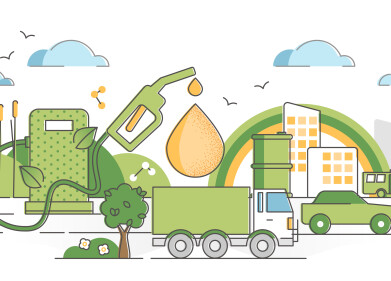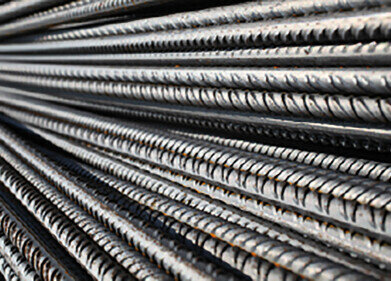Biofuel industry news
New biofuel process produces energy 20 times higher than current methods
Jul 11 2012
Biofuel analysis from researchers at Michigan State University (MSU) has produced energy more than 20 times higher than existing methods.
Their study, published in Environmental Science and Technology, demonstrated a novel technique using microbes to produce biofuel and hydrogen, all the while consuming agricultural wastes.
Gemma Reguera, a microbiologist at MSU, has engineered bioelectrochemical systems known as microbial electrolysis cells using bacteria to breakdown and ferment agricultural waste into ethanol. Although this is a system that is being widely explored, Ms Reguera's platform has several unique properties in that it uses a second bacterium, which removes all the waste fermentation byproducts or nonethanol materials while generating electricity.
The maximum energy recoveries from corn stover- a common feedstock for biofuels- have been around 3.5 per cent with other systems. However, Ms Reguera's platform averaged at around 35 to 40 per cent energy recovery just from the fermentation process, which is significantly more impressive rates.
Ms Reguera, an AgBioResearch scientist who co-authored the paper with Allison Spears, MSU graduate student said: "This is because the fermentative bacterium was carefully selected to degrade and ferment agricultural wastes into ethanol efficiently and to produce byproducts that could be metabolized by the electricity-producing bacterium.
"By removing the waste products of fermentation, the growth and metabolism of the fermentative bacterium also was stimulated. Basically, each step we take is custom-designed to be optimal."
Geobacter sulfurreducens generates the electricity, however, it isn’t harvested as an output. Rather, it is used to generate hydrogen in the MEC to increase the energy recovery process even more.
"When the MEC generates hydrogen, it actually doubles the energy recoveries. We increased energy recovery to 73 per cent. So the potential is definitely there to make this platform attractive for processing agricultural wastes."
The AgBioResearch scientist will now look to develop her MECs so they can be scaled up on a commercial basis. Her main goal is to create a decentralised system that can help process agricultural wastes.
Posted by Joseph Hutton
Digital Edition
PIN 25.6 Buyers' Guide
January 2025
Buyers' Guide Directory - Product Listings by Category - Suppliers Listings (A-Z) Articles Analytical Instrumentation - ASTM D7042: The Quantum Leap in Viscosity Testing Technology -...
View all digital editions
Events
Jan 22 2025 Tokyo, Japan
Jan 25 2025 San Diego, CA, USA
SPE Hydraulic Fracturing Technology Conference and Exhibition
Feb 04 2025 The Woodlands, TX, USA
Feb 05 2025 Guangzhou, China
Trinidad and Tobago Energy Conference 2025
Feb 10 2025 Point Lisas, Trinidad


















